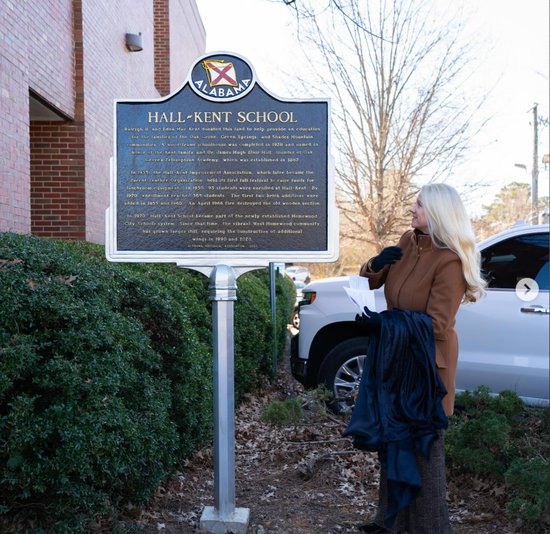
LinkedIn has released a comprehensive report aimed at assisting professionals in adapting their careers as artificial intelligence (AI) transforms various job sectors. The findings indicate that over 80% of workers may experience changes to at least a quarter of their skills due to AI advancements. This shift is particularly pronounced for roles in technology and data analysis, with generative AI, such as ChatGPT, poised to accelerate these transformations.
Andrew Seaman, editor-at-large for Jobs & Career Development at LinkedIn News, emphasizes the need for realism regarding job displacement. “You need to be realistic that some jobs will be displaced. But in most cases, a lot of these roles have elements that can’t be done by generative AI,” he stated. This suggests that while certain positions may evolve, many will retain aspects that require human insight and interaction.
Jobs most vulnerable to AI disruption include those in sectors like communications, marketing, engineering, and design. For instance, positions such as writer/editor, software engineer, and data analyst are expected to adapt significantly in the near future. Interestingly, even professions reliant on human interaction, such as social work, may integrate AI tools to enhance client services, as noted by Seaman.
According to a survey conducted by the Pew Research Center, many individuals express concerns that AI could diminish their creative thinking and interpersonal connections. Only 19% of respondents reported using AI tools on a weekly basis, while a mere 8% used them daily, highlighting a gap between awareness and adoption.
Research from Goldman Sachs provides a more nuanced perspective on job displacement estimates. Analysts suggest that between 3% and 14% of U.S. jobs could be affected by widespread AI implementation, with a baseline estimate of 6% to 7% of the workforce facing potential displacement. This indicates that while concerns are valid, the anticipated impact may not be as drastic as some fear.
Seaman encourages professionals to avoid an immediate reaction of abandoning careers heavily influenced by AI. He shared an example of a company that utilized AI to streamline basic customer service tasks, allowing human operators to focus on more complex customer interactions. This illustrates the potential for AI to enhance rather than replace human jobs.
The integration of AI into business practices is becoming a foundational aspect of modern work environments. Seaman describes the current phase as a “messy middle,” where workers must prepare for a future that remains uncertain. The key, he insists, is adaptability and understanding how to leverage technology while maintaining a distinctly human touch.
To navigate the evolving labor market, Seaman suggests that workers should embrace a skills-based identity rather than a fixed career trajectory. LinkedIn has noted a significant increase in users highlighting AI literacy as a critical skill. Seaman asserts that professionals should not hesitate to engage with AI and adaptability, stating, “The technology that exists right now has the potential to be very disruptive very soon. The question is how quickly it’s implemented.”
As AI continues to reshape industries, the focus on skills and adaptability will be essential for future career success. Workers are encouraged to remain proactive in developing their abilities to thrive in an increasingly automated world.






